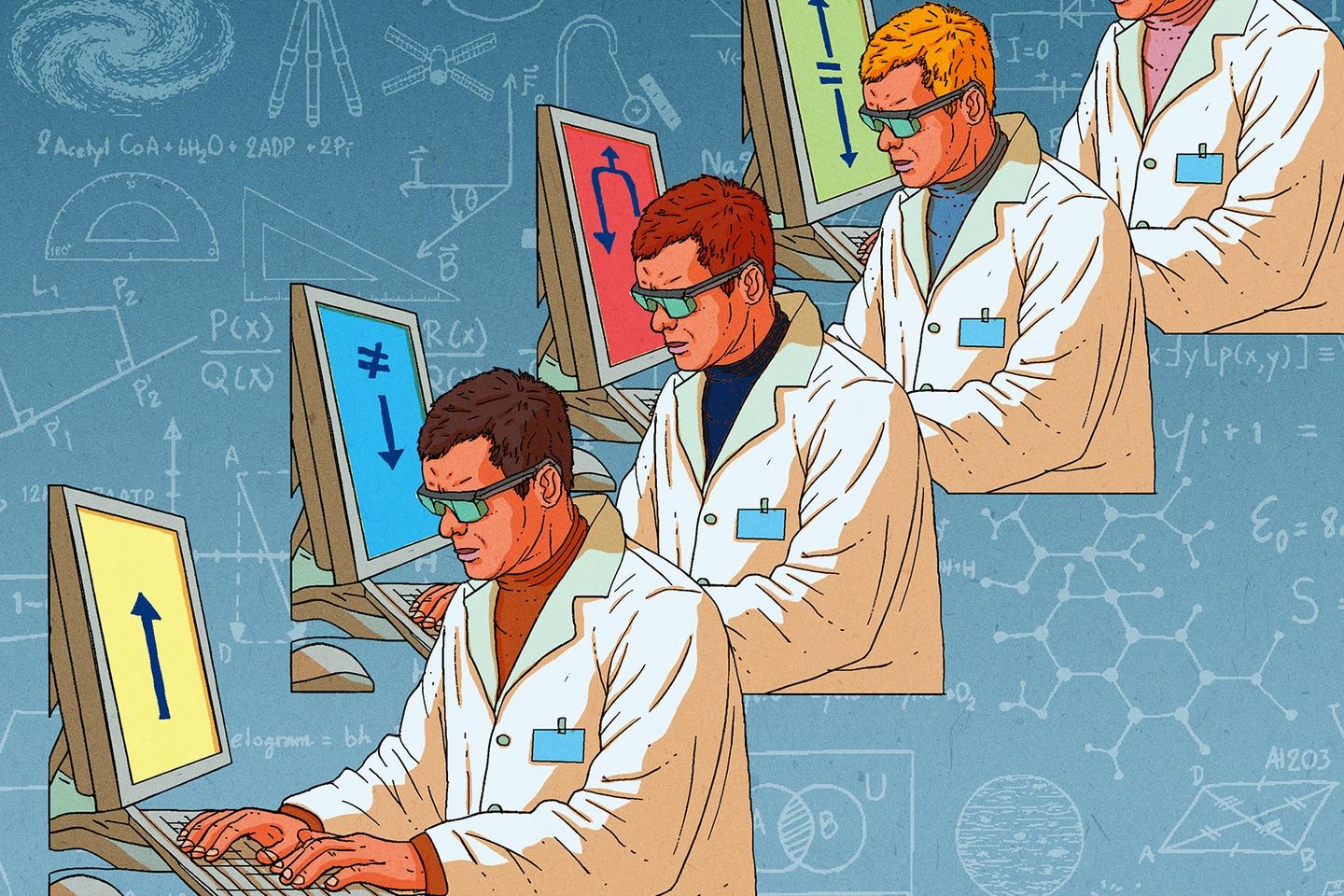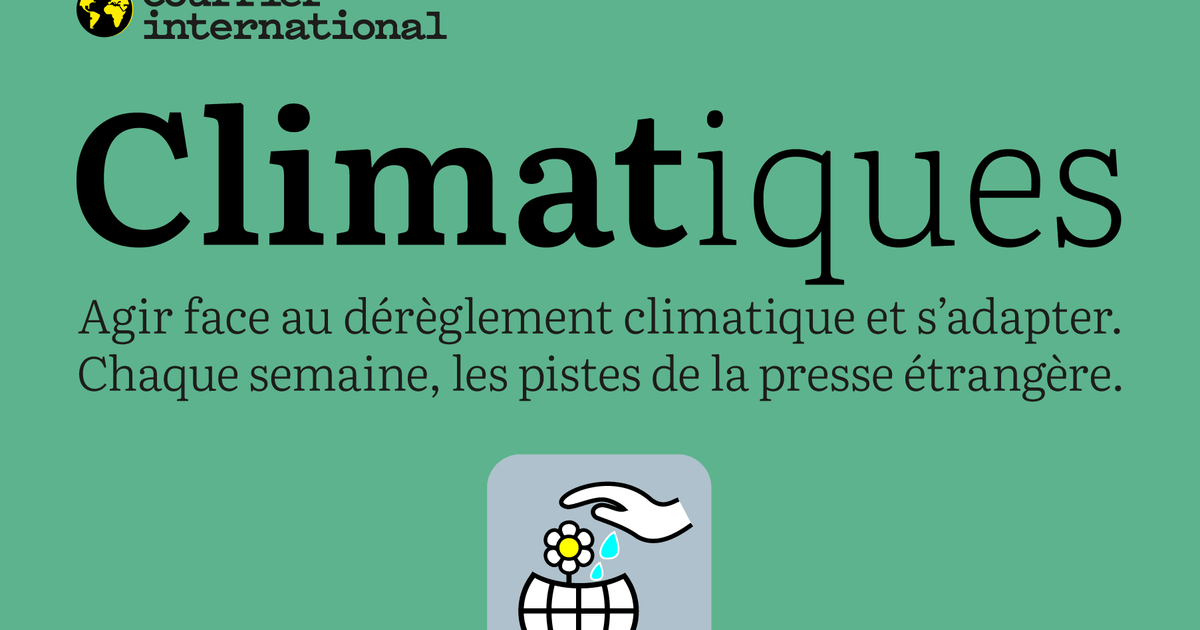The “replication games,” or when science has fun reproducing itself

Scientists sometimes have strange hobbies. On October 3, in Paris, around twenty of them combed through five research articles published in renowned journals to verify that they indeed led to the same results. To launch the challenge, hosted at the National Institute for Research in Digital Science and Technology, the organizer of this "replication game," Derek Mikola, invoked the figure of Pierre de Coubertin and the memory of the 2024 Paris Olympic Games. Immediately, the candidates in this original challenge, mostly doctoral students or young postdocs, formed teams of four to six to track down flaws in social science articles.
The exercise is part of a larger operation launched across the world in 2022 by the Institute for Replication (I4R), backed by the University of Ottawa (Canada). “The aim of the institute is to promote reproducibility and replicability in the scientific community. We organized around thirty “replication games” this year with around 1,500 researchers. We have studied around 400 articles. These games are a fun way for participants to help us mass reproduce articles from several journals,” summarizes Abel Brodeur, economist and founder of I4R.
You have 76.51% of this article left to read. The rest is reserved for subscribers.
Le Monde





